Have you read about the instance where Jesus heals a paralyzed man who is brought on a mat by his four friends? (Mark 2:3-11)
Our mats (weaknesses) are usually what we are least proud of and most likely to hide. We are often convinced that if other people knew about them, they would stay away from us. But in reality, it is precisely our mats (our weaknesses) that form the connecting points for a deeper relationship.
Psychologist Henry Cloud tells about one fellowship of the mat.
Henry led a group for inpatients at a hospital who were struggling with life issues. One of the members of the group was a pastor we’ll call Joe. His mat was a sexual addiction he had wrestled with for years. He had confessed and prayed over and over through the years, but he wasn’t able to break it. Finally, his desperation and guilt were so great he checked himself into the hospital for help. Going to this group was a part of his program.
One morning a nurse told Henry that Joe wasn’t coming to the group that day. Henry went to talk with him and discovered that Joe had suffered a relapse the night before. Henry talked him into coming.
Members of the group asked Joe if he was okay. He said yes, but it was not too convincing. During previous sessions, Joe had mostly listened to other group members. He was comfortable helping to carry mats for other people; he still didn’t want to show much about his own.
This morning, though, Henry left him no choice.
Slowly, painfully, Joe began to allow others to see his sense of shame and failure. He spoke to them about years of guilt: standing in the pulpit and being terrified that someone might have seen him where he shouldn’t have been the night before; claiming to speak for God when he was the biggest hypocrite in the congregation. And yet, for all the pain his behavior caused him, he couldn’t stop.
Joe could barely choke out the words. As he told his story, he stared at the floor; he could not bring himself to look anyone in the face.
“Look up at the group,” Henry told him.
“I can’t. I’m too ashamed.”
“Look up at the group. I want you to look into the eyes of the people listening to you. You must do this.”
Fearfully, this broken man raised his head. He looked around the circle, and every pair of eyes looking back at him was filled with tears.
There was no imputing shame, no condemnation, just compassion.
For the first time in his life, Joe was not alone with the brokenness that had paralyzed and crippled his soul for so long. Finally, a few people saw his deformity, yet still chose to be his friends. For the first time in his life, he had a few mat-carriers to help take him to the place of healing where he could never go on his own.
In that moment, a man who had taught on grace for so long finally tasted it, and it broke him. He wept like a child. He began to hear the words that were spoken to another crippled soul so long ago: “Child, your sins are forgiven.”
Henry writes that Joe’s addiction was broken that day. He still had much work to do, and a long way to go. There were confessions to be made, and new habits to be developed. He wasn’t finished yet. But the cruel foe of addiction was broken in that moment. Such is the power of community.
Harry Stack Sullivan was a pioneer in what is called interpersonal psychology. He used to tell his students, “It takes people to make people sick, and it takes people to make people well.”
Theologically, this is not strictly true: Every one of us has our own quotient of sin and brokenness that we are quite responsible for on our own without help from anyone. But for better or worse we are shaped more by people than any other force in life. In the same way, more than anything else, God uses people to heal people.
-John Ortberg, Everybod’s Normal Till You Get To Know Them
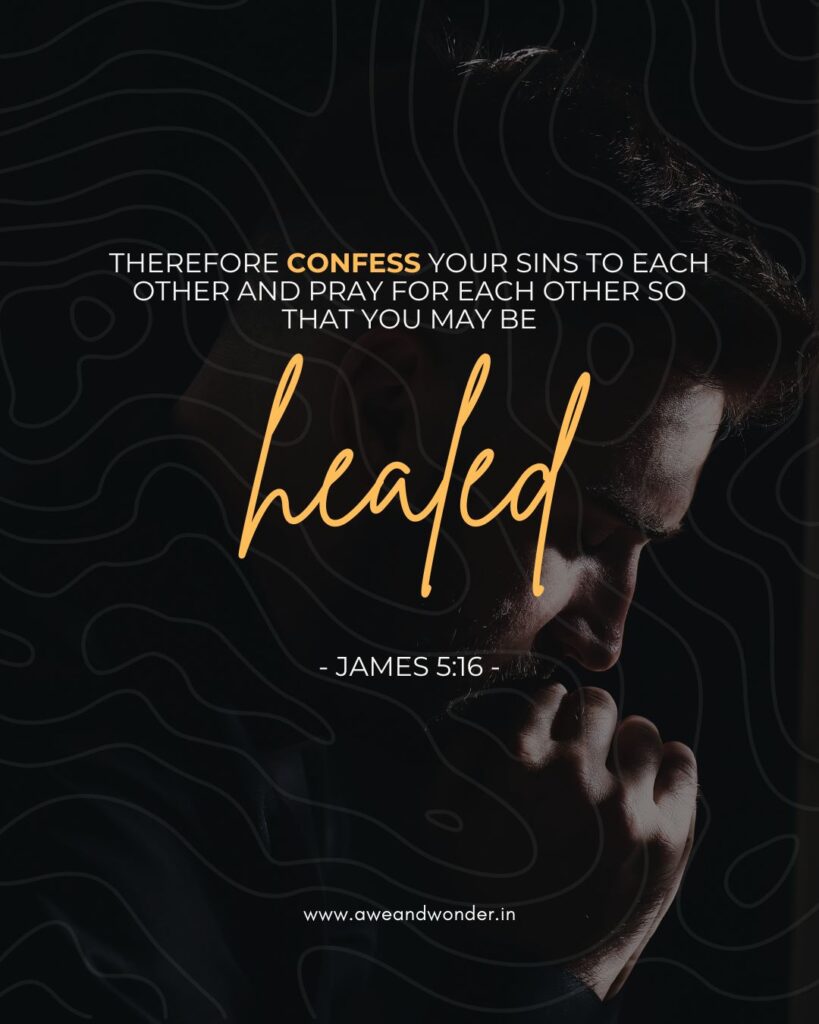
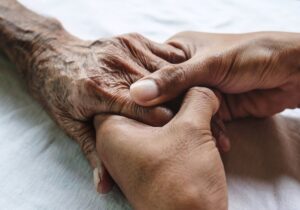
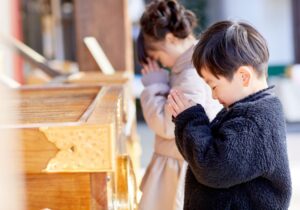

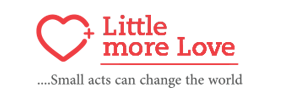


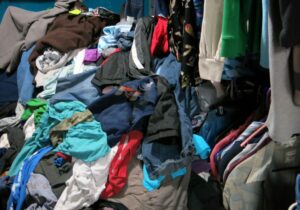
One Response
Guilt of past though forgiven by the King man not ready to accept that into his soul..